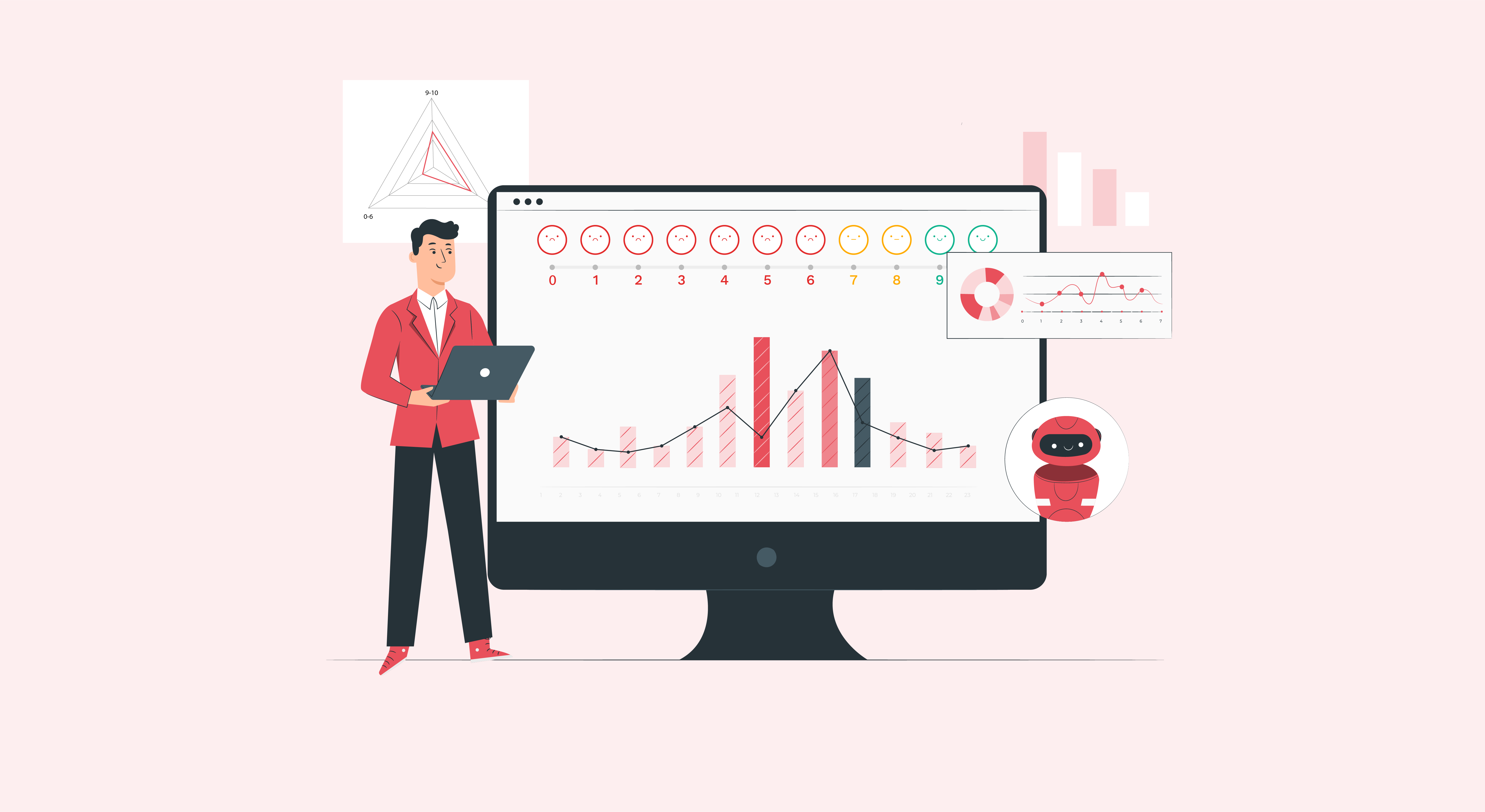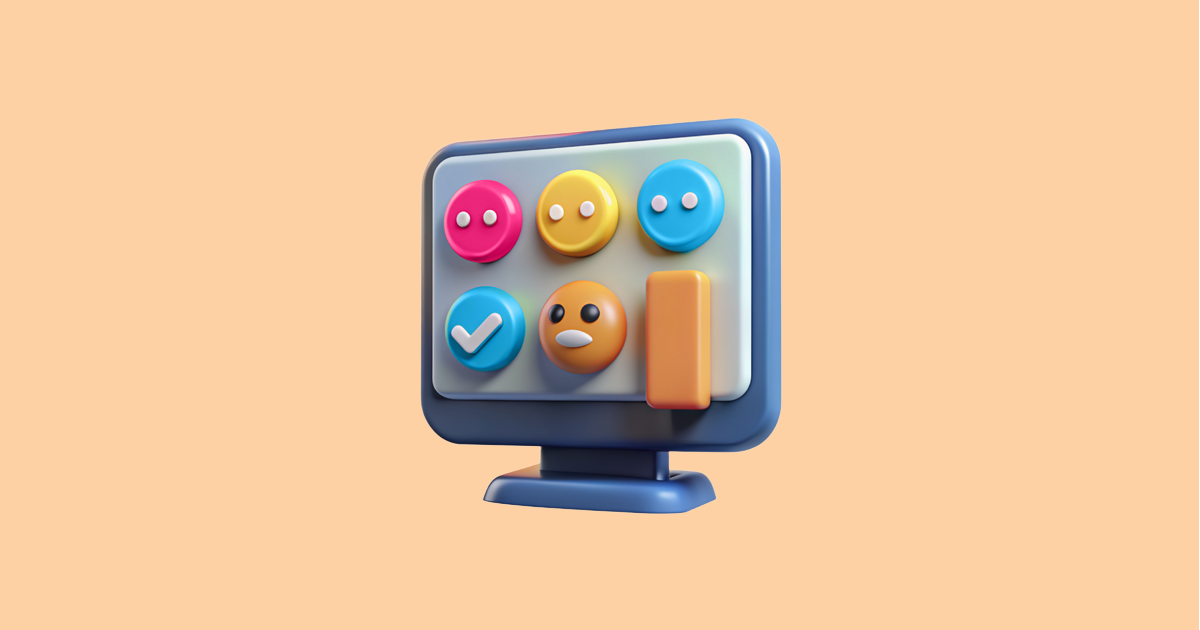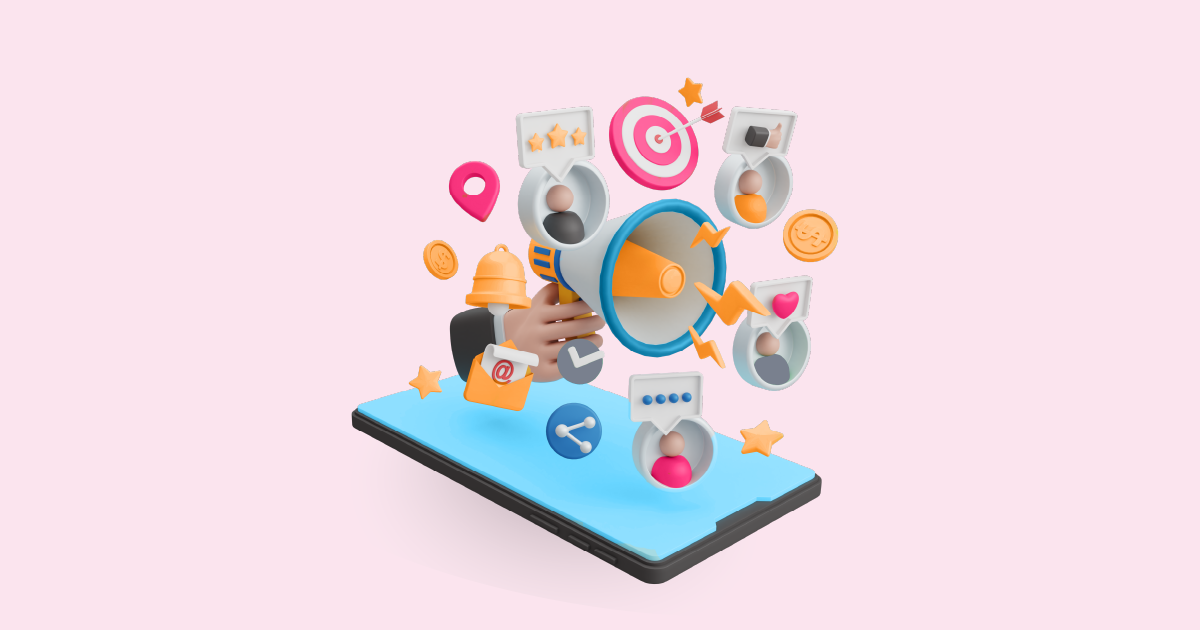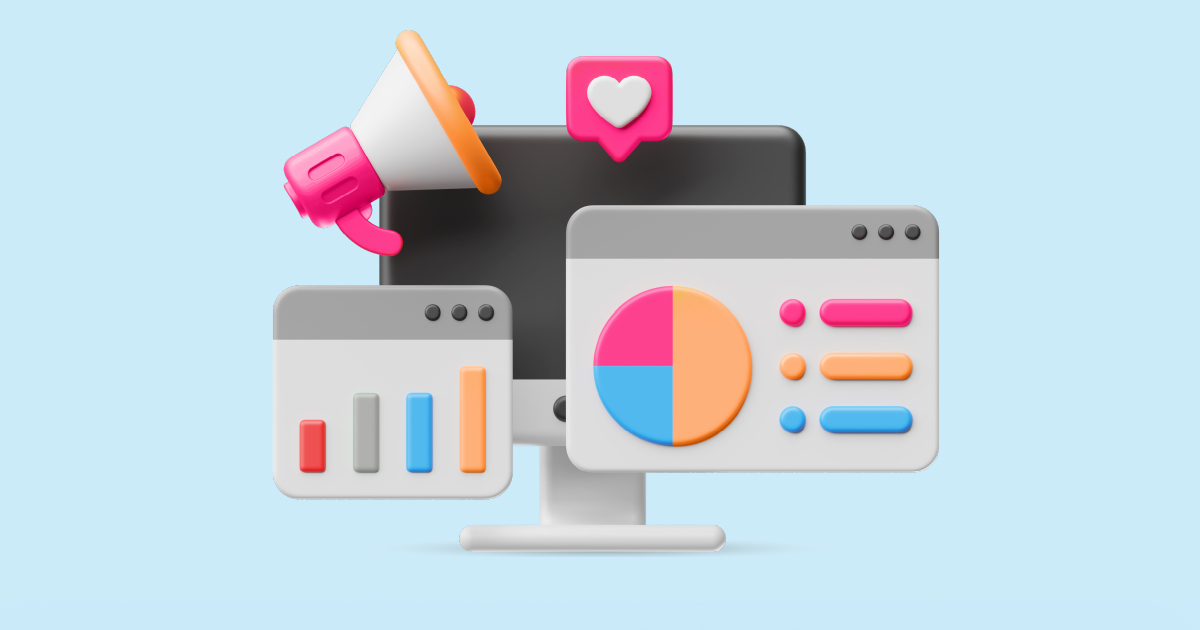In today’s data-driven world, understanding your customers isn’t just a nice-to-have—it’s a necessity. But how do you transform endless streams of data into actionable insights? Enter customer intelligence tools. These are the secret weapons behind many successful businesses, helping them stay one step ahead by really knowing what their customers want.
Understanding Customer Intelligence Tools

Definition of Customer Intelligence Tools
Customer intelligence tools are software solutions designed to collect, analyze, and interpret customer data. These tools provide businesses with the insights needed to tailor their strategies to better meet customer needs, improving everything from marketing campaigns to product development.
Key Features
- Data Aggregation: Combines data from various sources.
- Analytics: Offers insights through data visualization and reporting.
- Segmentation: Groups customers based on behaviors and preferences.
- Integration: Works with existing systems like CRM and marketing automation.
Types of Customer Intelligence Tools
Customer Relationship Management (CRM) Systems
CRM systems, like Salesforce and HubSpot, help businesses manage customer interactions and data throughout the customer lifecycle, aiming to improve customer service relationships and retain customers.
Data Analytics Platforms
Platforms such as Google Analytics provide insights into customer behavior online, helping businesses understand what drives traffic and conversions.
Social Listening Tools
AIM Insights and similar tools monitor social media platforms to gather data on customer opinions and trends, offering a real-time view of customer sentiment.
Customer Feedback Platforms
These platforms collect customer feedback through surveys and reviews, providing direct insights into customer satisfaction and areas for improvement.
Benefits
1. Enhanced Customer Experience
By understanding customer needs and preferences, businesses can create more personalized experiences, which leads to higher satisfaction and loyalty.
2. Improved Decision Making
Customer intelligence tools provide data-driven insights that help businesses make informed decisions, reducing the risk of errors.
3. Increased Customer Retention
By identifying at-risk customers and understanding their pain points, companies can proactively address issues, leading to better retention rates.
4. Personalized Marketing Campaigns
With detailed customer insights, businesses can tailor marketing messages to specific segments, increasing engagement and conversion rates.
Top Customer Intelligence Tools in the Market
1. AIM Insights
Ideal for social media listening, AIM Insights helps businesses stay connected with their audience and understand social trends.
2. Salesforce
A leader in CRM, Salesforce offers robust tools for managing customer relationships and data analytics.
3. HubSpot
Known for its ease of use, HubSpot provides a comprehensive suite of tools for marketing, sales, and customer service.
4. Google Analytics
This tool is essential for understanding website traffic and user behavior, providing detailed insights into what drives online success.
How to Choose the Right Customer Intelligence Tool
1. Assessing Business Needs
Identify what you need from a customer intelligence tool—whether it’s improved customer segmentation, better data visualization, or enhanced integration capabilities.
2. Budget Considerations
Determine how much you’re willing to invest. There are tools available for every budget, from free options to premium solutions.
3. Integration with Existing Systems
Ensure the tool you choose can seamlessly integrate with your current systems, such as your CRM or marketing platform.
4. User-Friendliness
A user-friendly interface is crucial for ensuring that your team can effectively use the tool without extensive training.
Implementing Customer Intelligence Tools
Steps to Successful Implementation
- Plan: Define objectives and outcomes.
- Train: Provide training for your team.
- Launch: Roll out the tool and monitor its performance.
Training and Support
Offer ongoing support to ensure your team can fully utilize the tool’s features.
Monitoring and Optimization
Regularly review the tool’s performance and make adjustments to maximize its benefits.
Challenges
1. Data Privacy Concerns
With stricter regulations around data privacy, businesses must ensure they comply with all laws when using customer data.
2. Integration Issues
Integrating new tools with existing systems can be challenging and may require technical expertise.
3. High Costs
While some tools are costly, their ROI can justify the investment by significantly improving business outcomes.
Future Trends
1. AI and Machine Learning Integration
AI is revolutionizing customer intelligence, offering predictive insights and automation that can drastically enhance customer understanding.
2. Predictive Analytics
Predictive analytics tools help businesses anticipate customer needs and trends before they occur.
3. Real-time Customer Insights
The future of customer intelligence lies in real-time data, allowing businesses to react swiftly to changing customer behaviors.
Case Studies
Success Stories from Companies Using Customer Intelligence Tools
Companies like Netflix and Amazon have mastered customer intelligence, using data to drive their personalized recommendations and customer engagement strategies.
Conclusion
Customer intelligence tools are indispensable for businesses aiming to thrive in a competitive market. By harnessing the power of data, these tools enable companies to understand their customers better, make informed decisions, and deliver exceptional experiences. As technology evolves, staying updated with the latest customer intelligence trends is crucial for sustained success.
Ready to see how customer intelligence tools can transform your business? Request a demo from AIM Technologies today and discover how our solutions can help you unlock valuable insights and drive growth!
FAQs
1. What are customer intelligence platforms?
Customer intelligence platforms are software solutions that help businesses collect and analyze customer data to gain insights into customer behavior and preferences.
2. How do customer intelligence platforms improve customer experience?
These tools provide insights that enable businesses to personalize experiences, address customer pain points, and enhance overall satisfaction.
3. Are customer intelligence tools expensive?
Costs vary, but there are tools available for different budgets, including free options and premium solutions.
4. Can small businesses benefit from customer intelligence tools?
Absolutely! Small businesses can use these tools to better understand their customers, which can lead to improved customer satisfaction and increased sales.
5. What is the future of customer intelligence tools?
The future includes more AI integration, predictive analytics, and real-time customer insights, helping businesses stay ahead of customer expectations.




